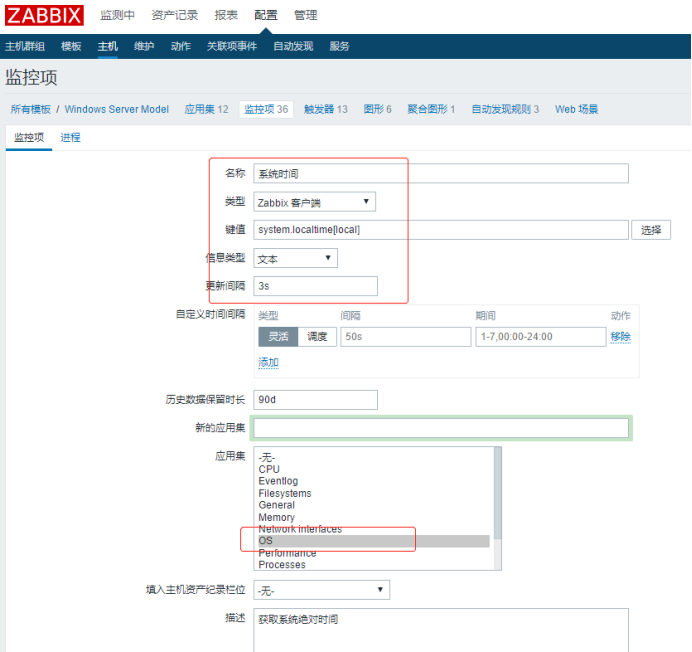

=> count(#10,12,gt) → number of values within last 10 values that are over '12' => count(10m,12,gt) → number of values for last 10 minutes that are over '12' => count(10m,12) → number of values for last 10 minutes that equal '12' => count(10m,"error",eq) → number of values for last 10 minutes that equal 'error' => count(10m) → number of values for last 10 minutes Also note that for large numbers difference in decimal (stored in database) and binary (used by Zabbix server) representation may affect the 4th decimal digit. For the purpose of regexp matching, float values will always be represented with 4 decimal digits after '.'. In case of global regular expressions case sensitivity is inherited from global regular expression settings. With regexp or iregexp as third parameter the second pattern parameter can be an ordinary or global (starting with regular expression. If number_to_compare_with and mask are equal, only the mask need be specified (without '/'). If the result of "bitwise AND" is equal to number_to_compare_with, the value is counted. count() calculates "bitwise AND" from the value and the mask and compares the result to number_to_compare_with. With band as third parameter, the second pattern parameter can be specified as two numbers, separated by '/': number_to_compare_with/mask. Supported value types: float, integer, string, text, logįloat items match with the precision of 0.000001. Like (default), eq, ne, regexp, iregexp are supported for string, text and log items Iregexp - case insensitive match of regular expression given in patternĮq (default), ne, gt, ge, lt, le, band, regexp, iregexp are supported for integer itemsĮq (default), ne, gt, ge, lt, le, regexp, iregexp are supported for float items Regexp - case sensitive match of regular expression given in pattern Like - matches if contains pattern (case-sensitive) Number of values within the defined evaluation period.

The amount of difference between last and previous values. This function is supported since Zabbix 2.2.0. => band(,20)=16 → 3rd bit not set and 5th bit set. => band(,12)=8 or band(,12)=4 → 3rd or 4th bit set, but not both at the same time For example, checking for the 3rd bit is done by comparing to 4, not 100. Take note that #num works differently here than with many other functions (see last()).Īlthough the comparison is done in a bitwise manner, all the values must be supplied and are returned in decimal. Sec (ignored, equals #1) or #num (optional) - the Nth most recent value Value of "bitwise AND" of an item value and mask. It is useful when there is a need to compare the current average value with the average value time_shift seconds back. The time_shift parameter is supported since Zabbix 1.8.2.

=> avg(1h,1d) → average value for an hour one day ago. => avg(#5) → average value for the five latest values Time_shift (optional) - evaluation point is moved the number of seconds back in time Sec or #num - maximum evaluation period 1 in seconds or in latest collected values (preceded by a hash mark)

Supported value types: float, int, str, text, logĪverage value of an item within the defined evaluation period. The amount of absolute difference between last and previous values.


 0 kommentar(er)
0 kommentar(er)
